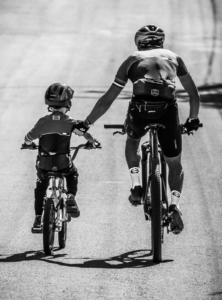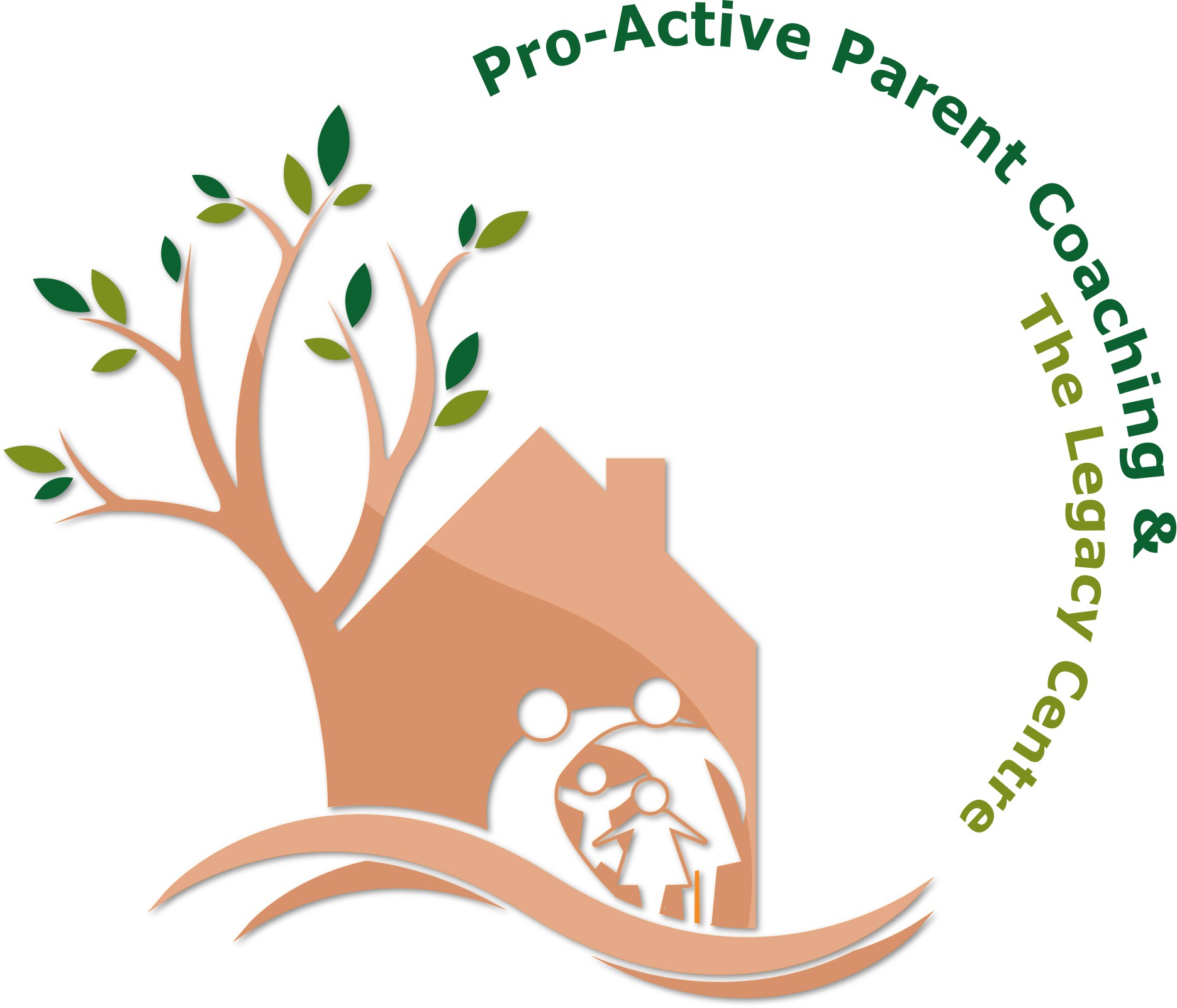
“Pastor Greg, my parents don’t trust me with anything! I feel like they’re suffocating me and trying to ruin my life with all their rules. They don’t let me make my own decisions—they choose my friends, set my curfew, and decide when and where I can go out. They’re too controlling! I honestly can’t wait until I’m old enough to move out so I can finally live my own life!”
I’ve heard statements like this from more young people than I care to admit. The pain etched on their faces as they speak these words has left a lasting impression on me. Throughout my ministry, I’ve worked with countless families struggling with the tension between parental control and a child’s growing need for independence. Listening to both parents and youth has led me to this realization:
Children and teenagers long for an authentic, open relationship with their parents, but in some cases, parents unintentionally create an environment that pushes them away.
The Parent’s Perspective
Parents, by nature, are experts. We’ve lived through experiences, walked the road, and gained wisdom along the way. We’re not as “out of touch with reality” as our children sometimes think. In fact, we’re often more aware than they give us credit for. Would you agree? Simply by virtue of our life experience, we’ve endured more, learned hard lessons, and grown wiser because of it.
As parents, we naturally want to see our children make better choices than we did. We don’t want them to endure the same pain we experienced. It’s our responsibility, right? To protect them from mistakes and heartache—why else would we have learned those lessons if not to help our children avoid them?
This desire to shield them from pain can lead us to make an unspoken vow:
“I will never let that happen to my child.”
Our hearts say:
“I love you so much; I don’t want anything to harm you.”
“I will do everything in my power to protect you.”
“I will shelter you from the painful experiences I had growing up.”
“One day, you’ll understand that my rules were all because I loved you.”
And so, with the best intentions, we embark on a noble mission: Protect our children at all costs! And if I may say so, we do so with a bit of pride thinking we protect them well!
The Child’s Perspective
But what about our children’s perception: How do our children interpret this?
How does our well-intended protection translate in their minds? Do they see it as love and wisdom, or do they feel stifled and controlled? Could our parenting style unintentionally send the message that they are immature, incapable, and need to be told what to do?
For a moment, put yourself in their shoes. Or, better yet, think back to your own childhood:
- How did it feel when your parents made your decisions for you?
- How did you react when they enforced rules without explanation?
- What emotions surfaced when you were told what to do and how to do it?
Now, consider how your answers relate to your own parenting today.
The Mixed Message
Our children receive a mixed message:
- Their natural growth patterns tell them they are maturing, gaining skills and ability, and are therefore capable of making decisions.
- Our protective instincts sometimes tell them they are still children, not yet ready to take responsibility, and need our help if they are going to succeed.
This can create conflict. And here’s an important question to consider:
Do we sometimes misinterpret our child’s natural desire for independence as rebellion
If so, could our reaction to this perceived rebellion be unnecessarily frustrating their growth, damaging our relationship, and pushing them away?
(This is not to suggest a permissive parenting style, but rather to highlight a potential misunderstanding that may be fueling conflict between parents and children.)
The Parenting Shift
Children are on a natural journey toward autonomy. As they mature, their desire for this autonomy increases, as does their ability to make responsible decisions.
As our children mature and change, so must our parenting.
If we continue to parent with a rigid “I tell you what to do” approach, we will only create frustration for both them and ourselves ultimately pushing them away. Instead, transitioning from “Expert/Protector” to “Parent Coach” can:
- Strengthen our relationship with our children.
- Foster a deeper heart connection.
- Support their natural growth while maintaining healthy boundaries.
By making this shift, we don’t lose our role as guides in their lives. Instead, we gain the opportunity to walk alongside them as they develop into responsible, confident adults.
Until next time, what is it that scares you most about releasing control and giving your child/teen greater freedom?
Your friend and Pro-Active Parent Coach
Gregory Blan
Author of Pro-Active Parent Coaching: Capturing the Heart of Your Child
*Gregory and Lynn Bland currently reside in beautiful Nova Scotia, Canada. Support and care for a mother with Alzheimers and continue investing in family’s through training, coaching, and mentoring.
For more information visit Pro-Active Parent Coaching or write to greg@pro-activeparentcoaching.com.
Copyright 2025
Gregory Bland | Pro-ActiveParentCoaching | Nova Scotia | Canada | greg@pro- activeparentcoaching.com
***Photo by Hudson Guerrero Michelan: https://www.pexels.com/photo/a-man-and-a-young-boy-riding-bicycle-12721723/
